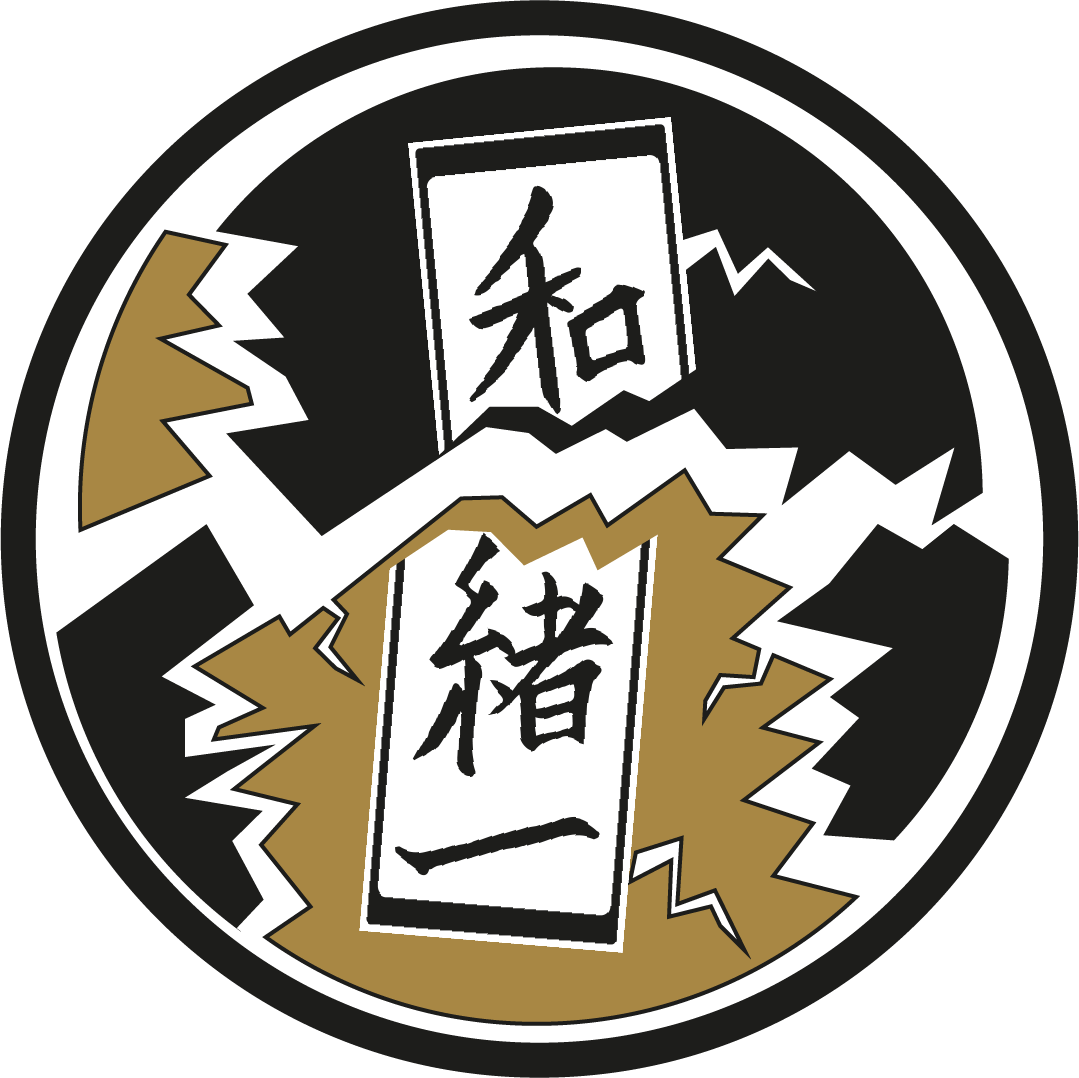Winter: Snow and Onsen
雪と雪
今宵師走の
名月か
Yuki to yuki – Snow and snow
Koyoi shiwasu no – This evening would have
Meigetsu ka – The great moon of December
Matsuo Bashō
Utagawa Hiroshige (1797–1858) 46th Station: Kameyama (A Castle on a Snow-Covered Slope), from the series: The Fifty-Three Stations of the Tōkaidō,
1833–1844.
Winter in Japan can be pretty cold, but temperatures rarely fall below the bearable, with the exception of some northern regions. Snow is quite frequent in Japan and almost every mountain will be covered by it as some point during winter. Even the metropolitan area of Tokyo is usually hit by a couple of snowfalls during the year but most often the snow melts within a few days. One of the activities that probably lets you make the most out of winter are hot spring baths (onsen 温泉), especially the open-air ones (rōtenburo 露天風呂), which we highly recommend.
A monkey enjoying its hot bath in the Nagano mountains. ©Tore F
Winter in Japan also rhymes with hotpots and kotatsu, a table heated by a stove, around which the whole family gathers to enjoy time together in the warmth. Another classic of winter is mochi, a chewy rice cake that can be eaten both as a desert or a part of the supper. Mochi occupies a special place during New Year’s festivities (Oshōgatsu お正月). They are usually prepared in advance to let the household mistress rest during the celebrations.
Mochi making process in the early 1900’s. Their production needs heavy and regular poundings to turn rice into a soft paste. ©A.Davey
For when it gets really cold the Japanese have developed lots of strategies to spend the winter in a comfortable way. One secret technique of those sensitive to low temperatures is to hold tight to a kairo (懐炉), a disposable warming pocket that can reach up to 60° C and lasts for approximately 12 to 20 hours.
Written by Marty Borsotti



